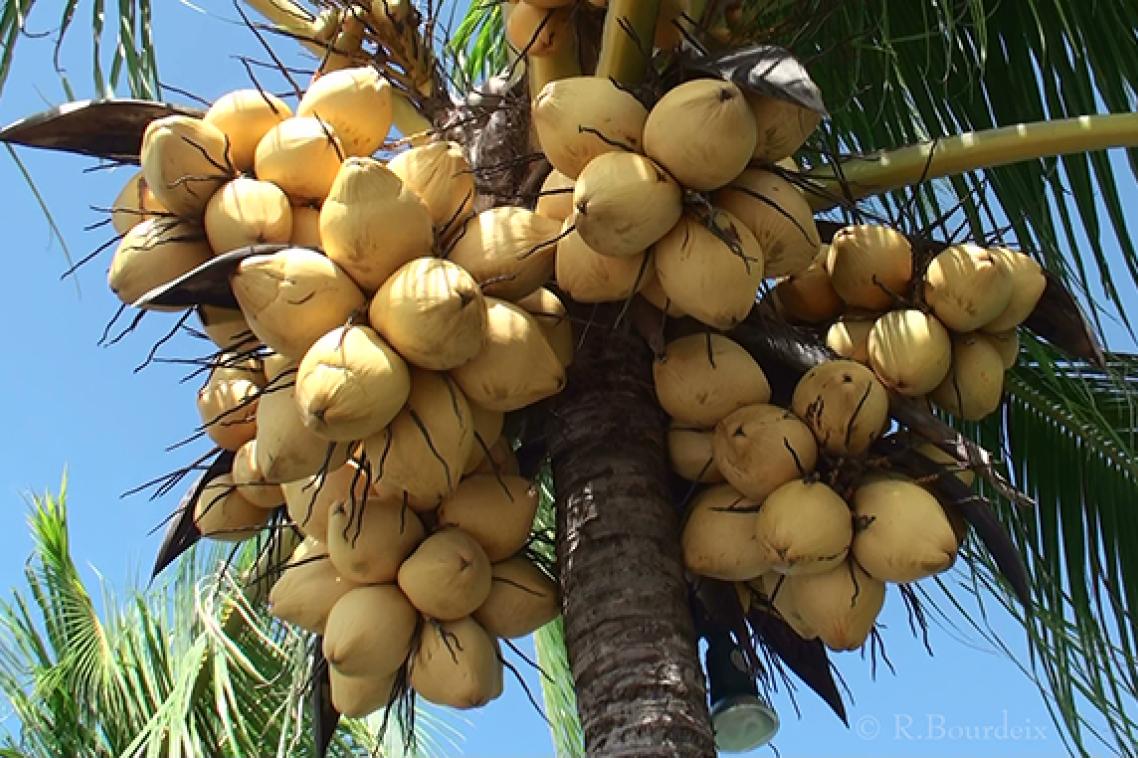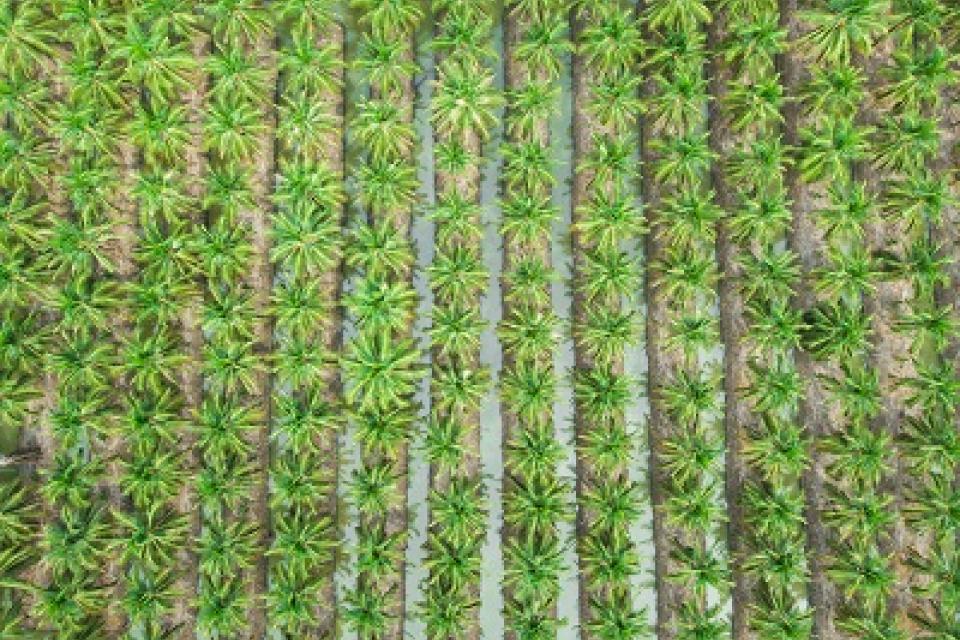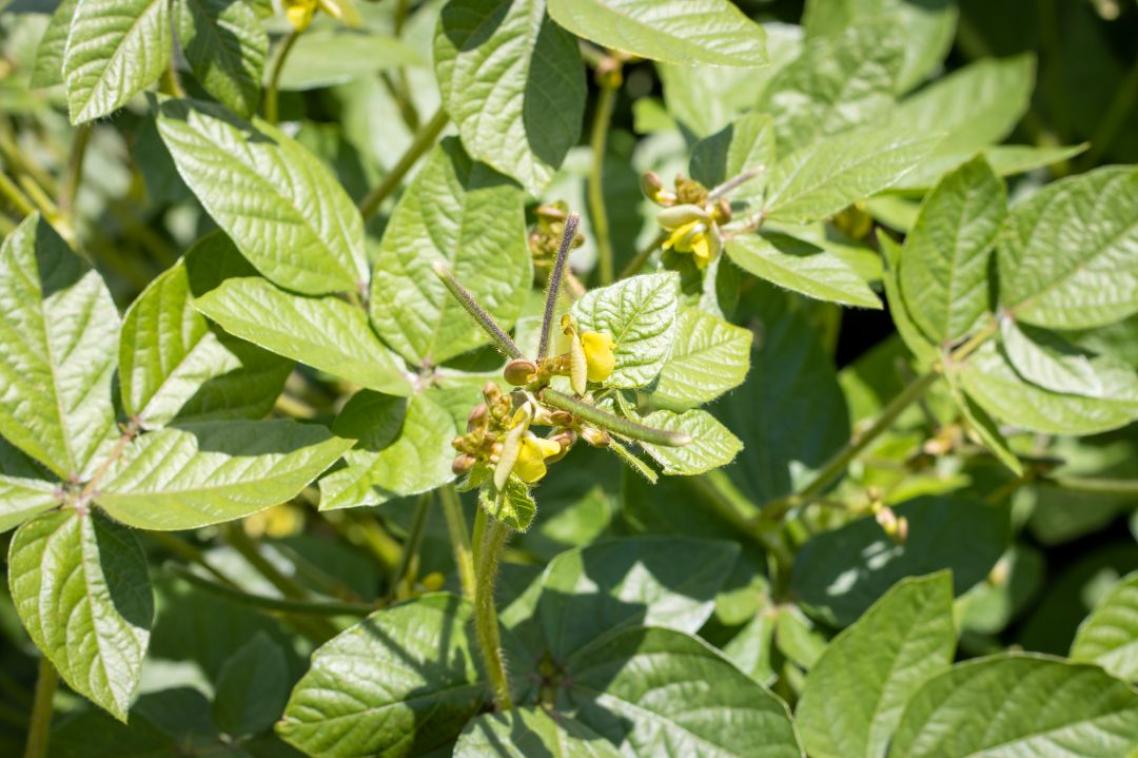Super clones to conquer coconut crisis

Ageing coconut palm trees could be replaced quickly and cheaply by superior cloned coconuts being developed by University of Queensland researchers.
PhD student Eveline Kong, from the Cocobio Laboratory at UQ’s School Of Agriculture and Food Sciences, said the project would help avoid a coconut shortage caused by old coconut palms becoming less productive each year.
“Hype for coconut products used as dairy alternatives, for coconut oil or snacks is driving exponential growth in the market,” Ms Kong said.
“However, the industry faces a looming shortage as most trees were planted 70 or more years ago and every year these older plants produce fewer and fewer coconuts.”
She said rough estimates suggested that nearly a billion new trees need to be planted to meet rising demand.
“The problem is that conventional breeding – from seed – takes a long time and it’s hard to breed palms with specific characteristics.
“So to keep up with market demands we’re developing coconut cloning, propagation and conservation techniques that are fast, economical and let us select desired traits.
“It should only take three years to turn a baby palm – a plantlet – into a fruit bearing tree, a dramatic improvement on traditional breeding methods that can take many years.”
The team plans to clone coconut plantlets from ‘mother’ plants that are high yield, disease resistant and drought tolerant.

“We do this by taking a small piece of tissue from the mother plant and then growing it in culture, helping achieve high rates of coconut cell multiplication.
“Once the cells form into embryos, they’re transferred to a platform containing nutrients and growth hormones this stimulates roots, stem and leaf production.
“From there it’s a matter of planting, and then, voilà.
“These advances will bring great benefits to Australian farmers, as well as farmers from Pacific nations like Fiji, Samoa, Papua New Guinea, Vanuatu and Kiribati – so our research is truly protecting livelihoods around the globe.”
Image above left: Adobe
Media: Eveline Kong, e.kong@uq.edu.au, +61 402 275 650; Dominic Jarvis, dominic.jarvis@uq.edu.au.
Topics
Related articles

Flowering discovery could lead to more reliable mungbean yields

Unlocking the sublime in native Australian citrus
Media contact
UQ Communications
communications@uq.edu.au
+61 429 056 139
